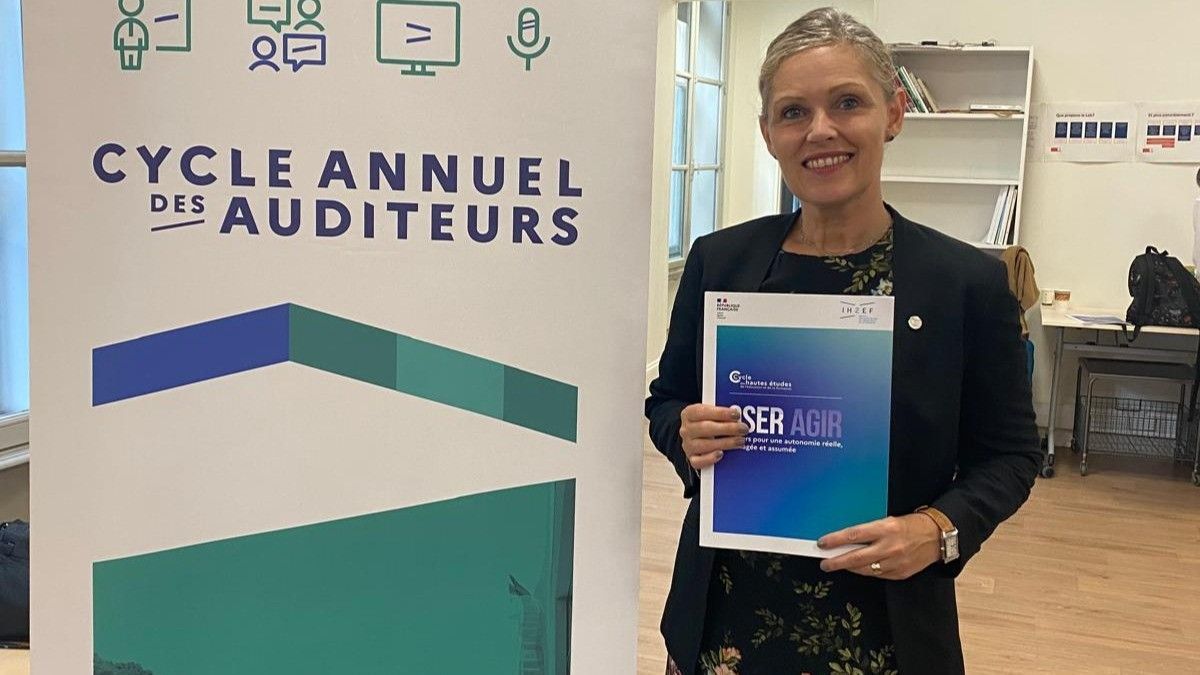Competency 14 - Ability to Cope with Adversity
Transforming Conflict into Growth:
Emotional Competencies: Stress Management
Specific Competency: Ability to Cope with Adversity
Statement: The ability to cope with adversity involves developing resilience and effective coping strategies to handle challenges and setbacks in a constructive manner. This competency is vital for maintaining mental health and thriving in the face of difficulties.
Introduction
Building on the foundation of emotional competencies (Competencies 9-13), we now focus on developing resilience and the ability to cope with adversity. Life is full of challenges, and learning to navigate them with resilience is key to maintaining well-being and achieving success.
The Science of Resilience
Resilience is the ability to bounce back from setbacks and adapt to difficult circumstances. It involves a combination of mental, emotional, and behavioural flexibility and adjustment. Research has shown that resilient individuals are better able to manage stress, maintain a positive outlook, and achieve their goals despite obstacles.
Adversity is a Normal Part of Life
Adversity is an inevitable aspect of life. In our modern consumerist society, especially in the West, there is often an expectation that things should always go smoothly and that immediate gratification is a right. This mindset can make it difficult for individuals to accept and cope with setbacks. However, adversity is not only normal but also a crucial component of personal growth and achievement.
Consider the dedication of elite athletes like Usain Bolt, Michael Phelps, and Simone Biles. These individuals train for 6-8 hours a day, for years, to compete in events that may last less than 60 seconds. Their journey is fraught with challenges, injuries, and setbacks, yet they persevere because they understand that adversity is a part of the path to excellence.
Part A: Start By Yourself
Objective: Develop resilience and coping skills by identifying personal strengths and applying effective coping strategies.
Instructions:
A) Reflect on Past Adversity:
- Identify Past Challenges: Think about a challenging situation you faced in the past. Write down the situation, how you responded, and the outcome.
- Recognise Your Strengths: Identify the strengths and resources you used to cope with that situation. Consider how these strengths helped you navigate the adversity.
B) Practice the HEROIC Framework:
- HEROIC Framework (inspired by Joseph Campbell's Heroe's Journey and Fred Luthan's PsyCAP):
H: Hope – Cultivate a hopeful outlook. Visualise positive outcomes and set achievable goals.
E: (self) Efficacy – Build confidence in your ability to handle challenges. Reflect on past successes and how they demonstrate your competence.
R: Resilience – Develop resilience by learning from setbacks. Use challenges as opportunities for growth.
O: Optimism – Maintain an optimistic perspective. Focus on the positive aspects of situations and look for silver linings.
I: Impact – Understand the impact of your actions and decisions. Consider how your resilience can positively influence others.
C: Courage – Foster courage to face challenges head-on. Embrace vulnerability and take risks to grow and learn.
For a detailed explanation, see my Forbes article: Your Leadership Journey Powered By Hope, Efficacy, Resilience, And Optimism and my HEROic Masterclass on Brainz Magazine.
C) Alternative Resilience-Building Activities:
- Summer Reflection Walks: Take a walk on the beach or in a park. Use this time to reflect on past adversities and how you overcame them. Walking in nature can be particularly calming and conducive to deep thinking.
- Gratitude Practice: Each morning, write down three things you are grateful for, focusing on the positives of your summer experiences. This can help buffer against stress.
- Mindfulness Meditation by the Water: Spend 10 minutes each day practising mindfulness meditation near a body of water. The sound of water can enhance relaxation and resilience.
- Family or Group Problem-Solving Games: Engage in fun problem-solving games with family or friends during your holiday. This can build resilience and strengthen relationships in a playful manner.
Benefits:
- Enhances emotional resilience.
- Improves overall mental health and well-being.
- Builds confidence in handling future challenges.
Part B: Share with Pairs, Family, or Friends
Objective: Develop resilience and coping skills together by discussing and supporting each other through adversity, adapted for the summer holiday season.
Instructions:
A) In Pairs or Groups:
- Share Past Challenges: Share a challenging situation you faced in the past and discuss how you coped with it. Highlight the strengths and resources you used.
- Discuss Coping Strategies: Discuss various coping strategies that have worked for you and explore new strategies you might try in the future.
B) Support Each Other:
- Encourage and Motivate: Encourage each other to apply the HEROIC framework in daily life. Provide motivation and support to reinforce resilience and coping skills.
- Plan and Prepare Together: Assist each other in planning and preparing for potential challenges. Offer suggestions and support for implementing effective coping strategies.
C) Summer Activities for Resilience Building:
- Beachside Conversations: While at the beach, have in-depth conversations about past adversities and coping mechanisms. The relaxed environment can make sharing easier.
- Bonfire Discussions: Use evening bonfires as a time to reflect and discuss coping strategies. The informal setting can encourage open and supportive conversations.
- Group Adventures: Plan group activities like hiking or kayaking that require teamwork and problem-solving. These adventures can naturally build resilience and strengthen bonds.
Tips:
- Foster a supportive and non-judgemental atmosphere during resilience and coping discussions and activities.
- Explore various resilience-building techniques, such as mindfulness meditation, cognitive restructuring, and positive self-talk. Read more about these techniques in the article on Resilience Strategies.
- Celebrate each other’s progress and efforts in building resilience and coping skills.
Benefits:
- Promotes mutual understanding and support.
- Enhances emotional intelligence and resilience.
- Strengthens relationships through shared resilience and coping practices.
Join the Journey By integrating these competencies into your daily life, you can improve your mental health, build stronger relationships, and better handle life's challenges. Stay tuned for the next set of emotional competencies!
Want to take it further, reach out and let's talk ;-)
Let'st work together, book me or my team for coaching, keynotes, training and consulting.
In the meantime,
Take care,
Krumma
PS: click here for the free mental fitness app that might change your life and your relationships https://positive-performances.passion.io/











